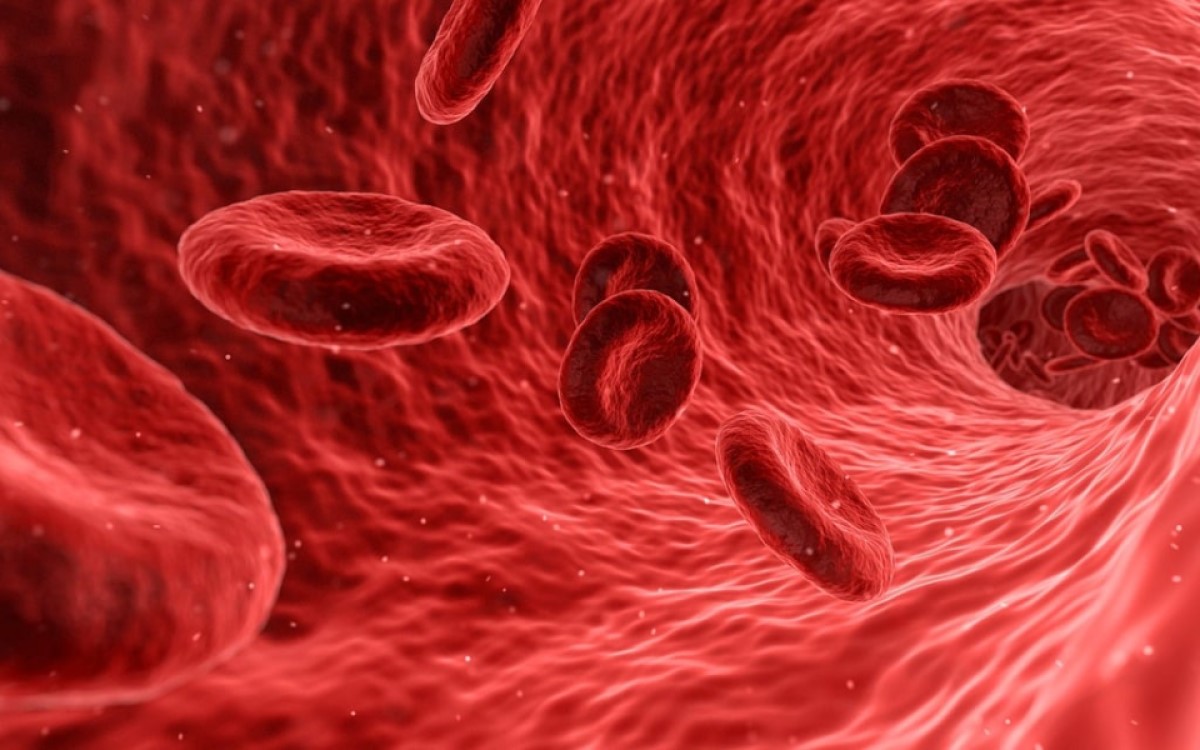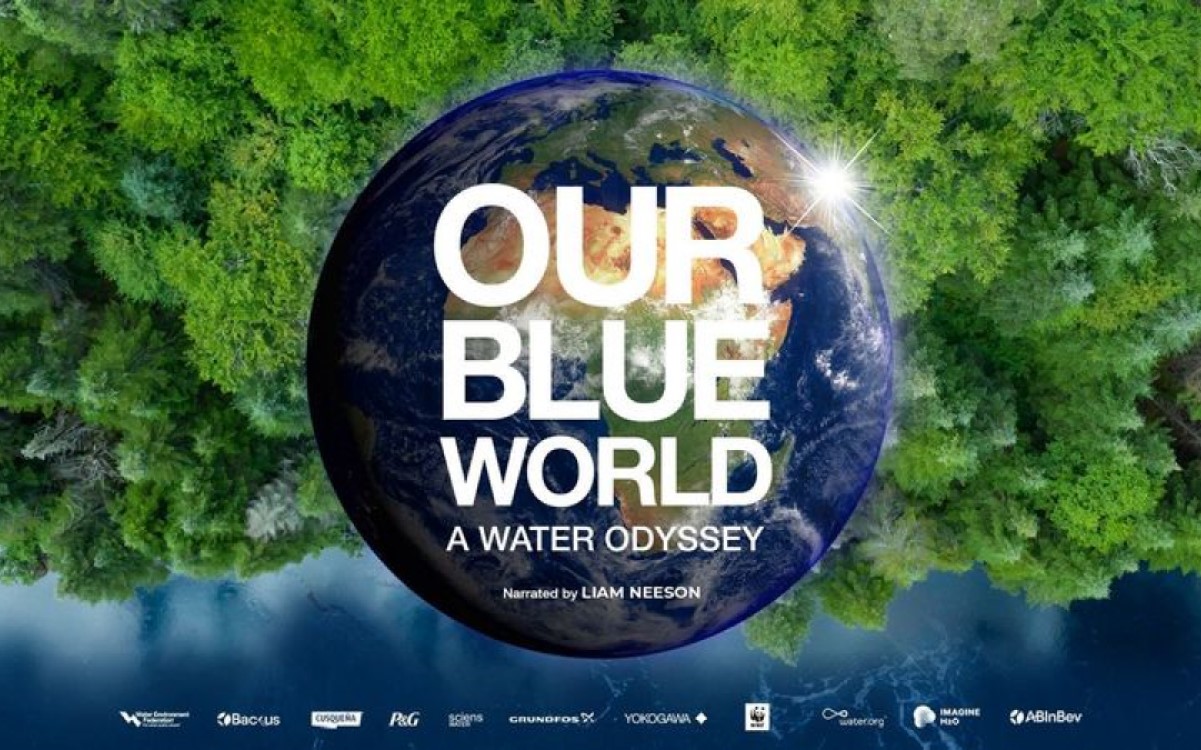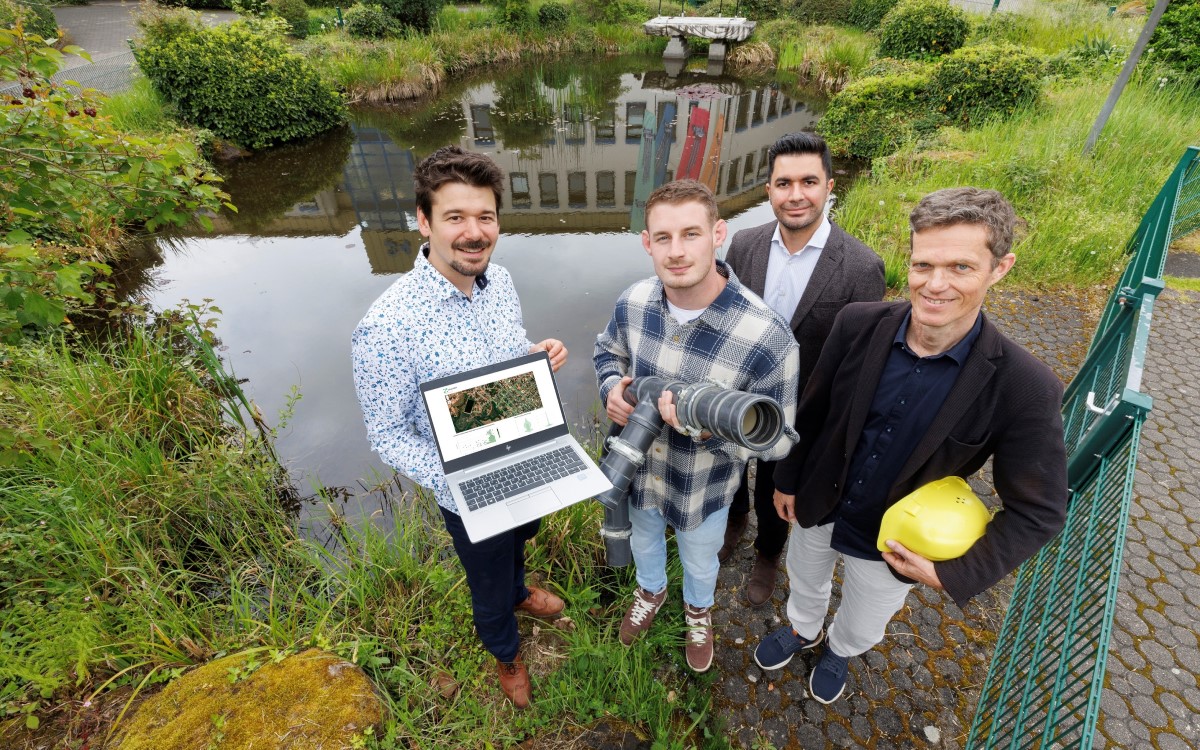09. February 2024 Ι The European Environmental Bureau (EEB) and ChemSec published today the results of an initiative showing that key European leaders have tested positive for so-called ‘forever chemicals’ in their bodies.
Up to seven PFAS were found in all tested individuals in a range of 3,24 to 24,66 µg/L. Five politicians exceeded existing levels of concern. However, these levels do not significantly differ from the average exposure of Europeans. The tests show that no one is immune to the presence of PFAS, not even high-level European officials.
A silent threat to public health
Three Vice-Presidents of the European Commission, the Environment Commissioner, the head of the European Environment Agency, a vice president of the European Parliament and other five Members of the European Parliament [1] coming from a wide range of European countries [2] have tested for the presence of 13 PFAS (per- and polyfluoroalkyl substances) in their bodies.
Results reveal a troubling reality of the failure of chemicals control in Europe and the urgent need to regulate these hazardous substances: as a wide part of the European population, all subjects were contaminated with PFAS. Over half of the 13 “forever chemicals” analysed were found, namely PFOA, PFNA, PFDA, PFUnDA, PFHxS, PFHpS, and PFOS. In some cases, exposure levels exceeded existing levels of concern [3].
A stark reality of health risks and urgent action
PFAS chemicals are linked to a range of severe health issues, including cancer, infertility, birth defects and immune system disruptions. These results serve to confront policymakers and political leaders with the stark reality. “PFAS contamination does not discriminate. We are all victims. No one is immune to chemical pollution, regardless of where or how they live”, emphasizes Tatiana Santos, Head of Chemicals Policy at the EEB.
Margrethe Vestager, Executive Vice-President of the European Commission and Commissioner for Competition, says: “Back in June, I took a blood test to check the possible presence of toxic chemicals in my blood. A few weeks later I received the results. 7 of the 13 PFAS analysed were found in my blood. PFAS (or “forever chemicals”) can be found in our water, food packaging, face creams… pretty much around us. […] Europe is leading the way, restricting their use and investing money in research and solutions to replace them. I took this test because I wanted to help raise awareness of this simple fact: it may still take some time before PFAS are fully replaced, but it’s the right way to go”.
Frans Timmermans, former Executive Vice-President of the European Commission for the European Green Deal adds:“Toxic forever chemicals are everywhere. They invade our environment, home-grown vegetables, fish, and our bodies, where they persist forever. Our citizens must be protected from that. We must stop all emissions of this legalized garbage. We call on Europe to fully ban the use of these chemicals. In the Netherlands, chemicals manufacturer Chemours has to stop poisoning their neighbours and the environment. If they don’t take the necessary steps, there can be no future for this company in our country.”
PFAS regulation challenges in Europe: Industry pressures and health risks
Some of the seven PFAS found in policy makers have already been banned in Europe, PFOA and PFOS. Others have some uses regulated (PFNA, PFDA, PFUnDA, and PFHxS), while PFHpS is still allowed in the EU market. Even though the EU has one of the strongest chemicals control systems in the world, all Europeans are exposed to ‘alarmingly high’ chemical pollution. The European chemicals industry’s continued production, use and emission of PFAS, with (hidden) knowledge of their health hazards for decades, underscores the inadequacy of current regulatory measures. Major PFAS pollution scandals, where exposure is around 100 times higher than average, have been documented across the EU with cases in the Veneto region of Italy; in the “chemical valley” of France near Lyon; in the Netherlands; in Flanders and Wallonia, Belgium, and more. Victims have initiated legal battles exemplified by the recent ruling in Ronneby, Sweden, that reveals that “residents have, through drinking water, been exposed to high levels of PFAS in the blood” and “declares the company liable to compensate them for personal injury”.
Nevertheless, industry and political pressures have led the European Commission to stall the much-needed reform of the outdated EU chemicals control law, REACH (Regulation for Registration, Evaluation, Authorisation, and Restriction of Chemicals), designed in 2006 to safeguard human health and the environment from chemical risks. While five member states proposed a PFAS ban in January 2023, the lengthy process involved means it will be years before these hazardous chemicals are phased out across Europe.
“This is a serious pollution and public health problem; it is not limited to highly polluted areas. PFAS are an invisible threat infiltrating the food we eat, the water we drink and even our homes through everyday products. The authorities are de facto prioritising industry greed over public welfare. It is high time for the EU officials to act, protect future generations and hold polluters accountable for the harm they have caused”, warns Santos.
Parts of industry are ‘aggressively lobbying’ against the proposed PFAS ban. But some companies are also eagerly awaiting the proposed restriction, publicly voicing their support for a comprehensive ban. The restriction proposal has also spurred a lot of innovation within industry. To meet future market demands, safer alternatives to PFAS are constantly being developed.
The joint initiative by the EEB and ChemSec, testing PFAS levels among European high-level politicians, aims to raise awareness and urge them to protect public health and the environment from this pervasive threat by urgently unblocking the chemicals policy reform and supporting a comprehensive ban on PFAS.
“The only way to deal with this crisis is to regulate these chemicals as a group, which should happen with the current EU restriction proposal. Luckily, there are safer alternatives already available for most PFAS uses. It’s just a matter of giving them an opportunity”, comments Anne-Sofie Bäckar, Executive Director at ChemSec.
Chemical pollution is a widespread problem in Europe
Leena Ylä-Mononen, the Executive Director of the European Environment Agency, states: “Chemical pollution is a widespread problem in Europe but there are also significant opportunities to improve the situation. To protect people and nature, and to boost the circular economy in Europe, we should manage the risks of chemicals in groups, promote chemicals that are safe and sustainable by design, and phase out the most harmful substances.”
Under the Toxic Free Future (TFF) campaign, led by the EEB with the participation of nine national non-profit organisations, a total of 16 politicians from the Czech Republic, Spain, and Belgium have also undergone PFAS blood level testing [4], further highlighting the widespread nature of this urgent issue. Similar initiatives are underway in Germany, the Netherlands, France and Greece.
The Belgian Presidency of the Council of the EU has prioritised chemicals pollution and PFAS in its political agenda. Tomorrow, on February 1, 2024, the Presidency is hosting the conference ‘Tackling PFAS Pollution‘ in Antwerp, Belgium.
The EEB, together with Wemove have recently launched a petition to demand politicians to ‘Toxic-free Europe now!’ by implementing the European Chemicals Strategy, fixing the current chemicals control law, REACH, to ensure the fast track banning of the most harmful chemicals in consumer products, and phasing out PFAS without delay from toys, to cosmetics, packaging and food contact materials, among others. The petition has achieved more than 57,000 signatures in less than a week.







